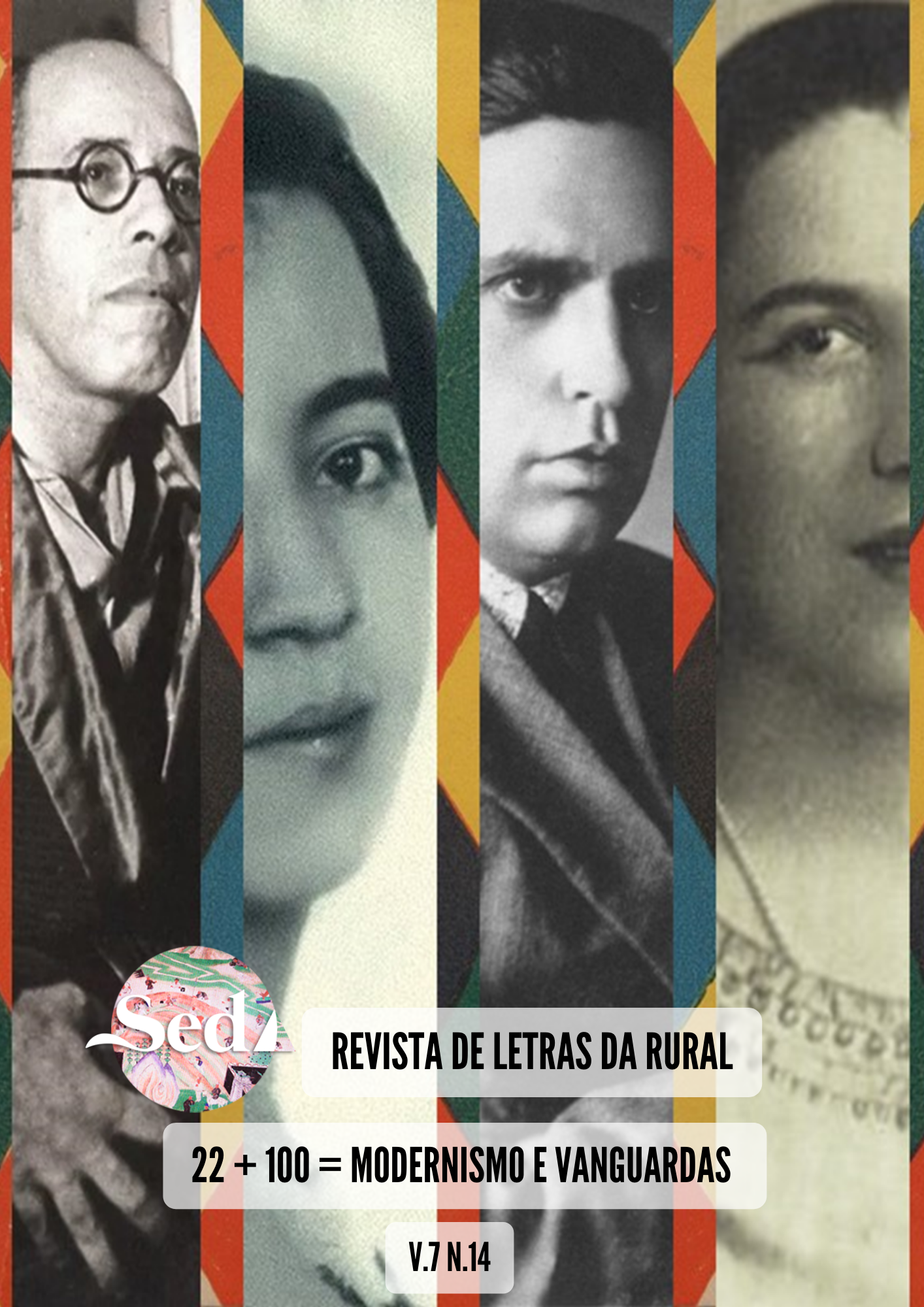Guimarães Rosa and his poetics of inquiry
Keywords:
Innovation; Modernism; rupture; reflection.Abstract
The winds of innovation that arose in Europe at the end of the 19th century and swept through the aesthetic scene in the early 20th century, in the form of the Avant-garde movements, found expression in Brazil through the modernist movement, culminating in the Week of Modern Art of 1922 in São Paulo. This movement brought radical transformations to literature and the arts, standing out for the rupture of language and the pursuit of a unique cultural identity, in contrast to foreign influence. Guimarães Rosa, generally situated as an author of the Third Generation of Modernism, played a crucial role in this context by revolutionizing narrative language, blending elements of the First Generation of Modernism and European Avant-gardes. Guimarães Rosa embarked on a true crusade for reflection through language, unleashing a process of deconstruction that revealed its provisionality. He considered the revitalization of language as a vital commitment, constantly seeking to violate norms and replace clichés with unique expressions. His use of estrangement and meta-language in narrative was fundamental to highlight the constructed nature of language. Guimarães Rosa, through his work, not only deconstructed and reconstructed language but also reflected sharply on its nature, leading many critics to describe his fictional universe as a hinterland constructed in language.


